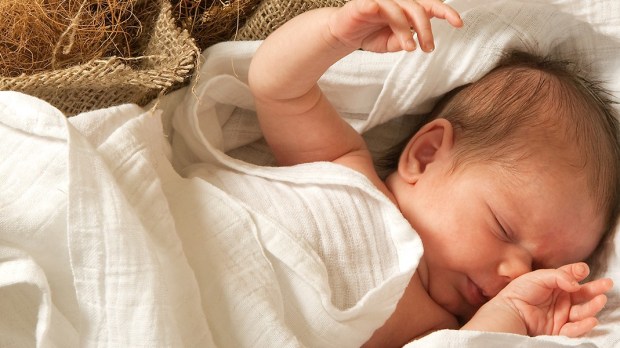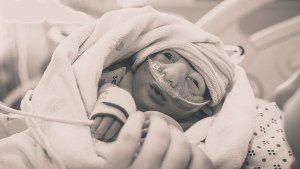Thanks to advances in medicine, for the first time in Spain one baby’s life was saved thanks to the donation and transplantation of tissue from another (deceased) newborn child, as reported by Spanish news website La Razón.
The parents of a baby who died in childbirth from congenital disorders wanted to welcome the life of their son to the maximum. As the diagnosis of the disorders and certain death of the child were made during pregnancy, they were able to plan ahead to make their child’s organs available to doctors so that it could save another baby who needed a transplant.
The hospital in Madrid put the systems in place to attend to the parents, both physically and psychologically, since immediately after labor they would be mourning the death of their little one.
Despite the sad and difficult circumstances, the parents held to their decision to donate the organs of their recently deceased baby — specifically his heart valves, as were needed on this occasion — to help another baby, who had congenital heart disease, to survive.
The perinatal tissue transplant was performed successfully.
Despite the pain of loss, the parents of the deceased baby have the consolation of thinking that their son’s brief life on earth served to save another little baby who now has the chance for a long life.
The Church’s stance on organ donation
The Catechism of the Catholic Church addresses the topic of organ donation in these terms:
Organ transplants are in conformity with the moral law if the physical and psychological dangers and risks incurred by the donor are proportionate to the good sought for the recipient. Donation of organs after death is a noble and meritorious act and is to be encouraged as a manifestation of generous solidarity. It is not morally acceptable if the donor or those who legitimately speak for him have not given their explicit consent.
Catechism of the Catholic Church, 2296
It is furthermore morally inadmissible directly to bring about the disabling mutilation or death of a human being, even in order to delay the death of other persons.



